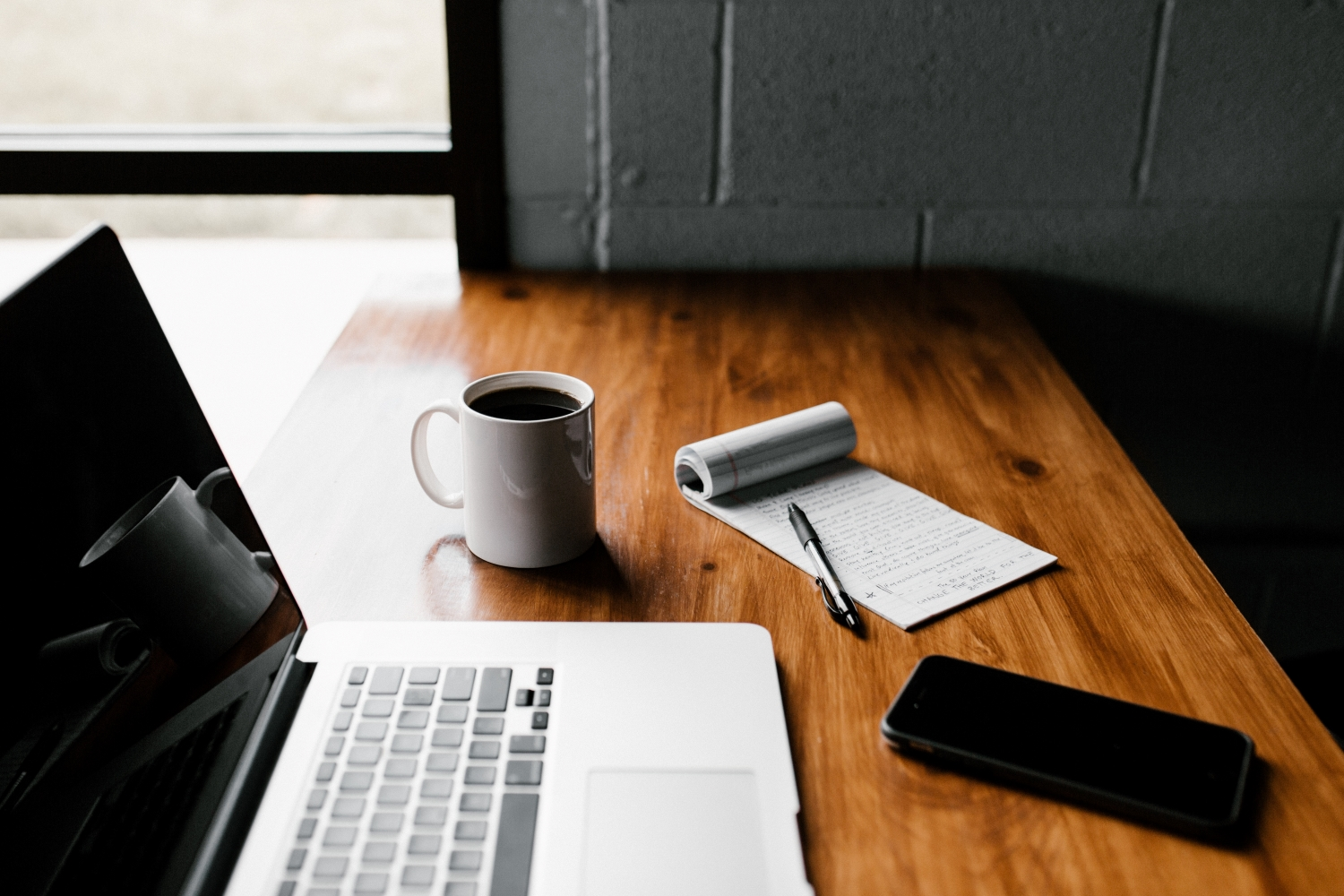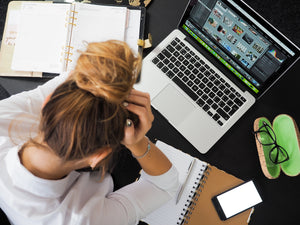11 Ways To Relieve Stress Fast
Key Takeaways:
-
Get quality sleep.
-
Limit social media usage.
-
Get some exercise.
-
Get out in the sun and relax.
Stress management is extremely important in order to live happily and healthy. There are many different ways to reduce stress and improve mental health. Luckily all of these are not out of reach for anyone and you can start acting on them today.
1. Get Movin'

-
Take a quick 10 minute walk.
-
Try intense cardio.
-
Get a couple weights workouts in per week.
Physical activity is an amazing way to reduce stress. Exercise, especially intense exercise, stimulates a stress response within your body that releases endorphins which reduces stress, making you feel great. An overlooked aspect of intense exercise is that oftentimes, if you're putting enough effort in, you mind drifts away from stressful thoughts and truly gives you a break.
Even simple 10 minute walks when you're feeling stressed can help clear your mind and improve well being.
Workouts with weights also have a great response with endorphins, while being very good for your overall health as well.
2. Catch a Laugh

A simple laugh may be much better for managing stress than you may think. Laughing suppresses the body's stress response and decreases stress hormones. Additionally, laughter helps relieve tension within the body, resulting in increased blood flow, decreased heart rate and outputs endorphins making it a valuable tool in mental stress reduction.
3. Limit Social Media Usage

Nowadays social media use is prevalent in everyday life. It's estimated that 47% of people in America are addicted to their phone. Social media presents unrealistic expectations for nearly everyone. This may cause existential stress, as well as anxiety and depression. It is very important to reduce your screen time and focus on the present moment.
Using our phones with social media also causes are brain to release mass amounts of dopamine, without much effort being put into it. This can make normal daily tasks much harder to do, as more work is required to get the same feeling that simply scrolling on your phone does.
Start simple and slowly decrease daily screen time in small increments, as you begin to feel better, it will give you the motivation to keep the screen time lower and lower, leading to a positive mental atmosphere.
4. Reduce Caffeine Intake
While some amounts of caffeine are perfectly healthy, a large amount may overstimulate your nervous system, causing you to have feelings of anxiety and stress.
Caffeine intake will vary person to person. The recommended daily maximum intake is 400mg, but for some people, this may be way too much. It is important to listen to your body and use caffeine as little as possible.
When you begin to notice caffeine has no effect on you, you may be overconsuming, which could have negative impacts on your mental health without you even noticing.
5. It's Okay To Say No
Many situations may arise where you're feeling overwhelmed and overstimulated. If you identify these spaces, try your best to at least take a break from them. If you're not feeling your best, and are invited to a space where you know you will not feel comfortable, leave the guilt behind and understand that it is okay to say no to unhealthy situations.
6. Avoid Procrastination
Procrastination is extremely common when doing tasks we do not want to. When needing to get something done, doing it in small portions may allow for the best quality work, as well as reduced stress.
Generally, the more we push aside the things we need to get done, the more they linger in our heads. Writing down tasks and doing them in smaller portions, rather than all at once is a great stress relief.
7. Get Outside

Sunlight each day is extremely important in overall health. A simple 10-15 minutes of sunlight each day can give health benefits and improve mental well being. Getting sunlight within an hour or waking is great for energizing your for your day. This will help you feel less stressed and more focused to tackle the day head on.
8. Get a Pet

Studies have shown that hanging out with a pet can directly reduce cortisol levels and blood pressure. Having a pet as a best friend can relieve feelings of loneliness and provide emotional support, which is a great way to manage stress.
9. Get Quality Sleep
Quality sleep is extremely important in your overall health. Sleep deprivation can lead to numerous diseases and early mortality. Even short term inconsistencies in sleep patterns can cause you to feel uptight and stressed.
Getting the correct amount and the right quality sleep is often more complicated than it seems. There are several measures you should take, such as reducing caffeine intake, improving meal timing, getting exercise and so on. For most people, 6-8 hours of quality sleep is ideal, but sleep disturbances may be occurring without you even knowing. These could lead to you feeling tired, stressed and groggy each day, without understanding the cause. It is extremely important to make sure all aspects of your sleep are in check.
10. Cold Exposure
Cold exposure has a host of benefits such as increased blood circulation, improved muscle recovery and improved mood. When exposing the body to extremely cold temperatures, it creates a temporary stress response that makes you feel amazing. This releases endorphins, lowers the body's stress hormones and increases daily energy.
The science recommends a simple 11 minutes of cold exposure therapy per week to get all of the amazing benefits. This can certainly be broken up throughout the week. While it may be daunting and even scary to try, you'll be feeling your best after getting out. Additionally, the stress response is so intense it will clear your mind for the time being and reduce symptoms of stress and anxiety.
11. Heat Exposure or Sauna Therapy

Heat exposure does have some commonality with cold exposure in that it induces the body's stress response system. Heat exposure or sauna use is generally much more comfortable and easier to do than cold exposure and provides most, if not more benefits than cold exposure does.
A sauna session increases core body temperature temporarily in order to increase blood flow throughout the body, providing benefits such as improved cardiovascular health, improved immune system function, faster muscle recovery and even increased hormone output of hormones such as growth hormone, beta-endorphins and other mood enhancing hormones.
After a sauna session the body has a cool down period where core temperature goes back down to normal. This helps promote relaxation and can lower stress. Using a sauna near bed time is a great way to clear your mind and increase your quality of sleep.


